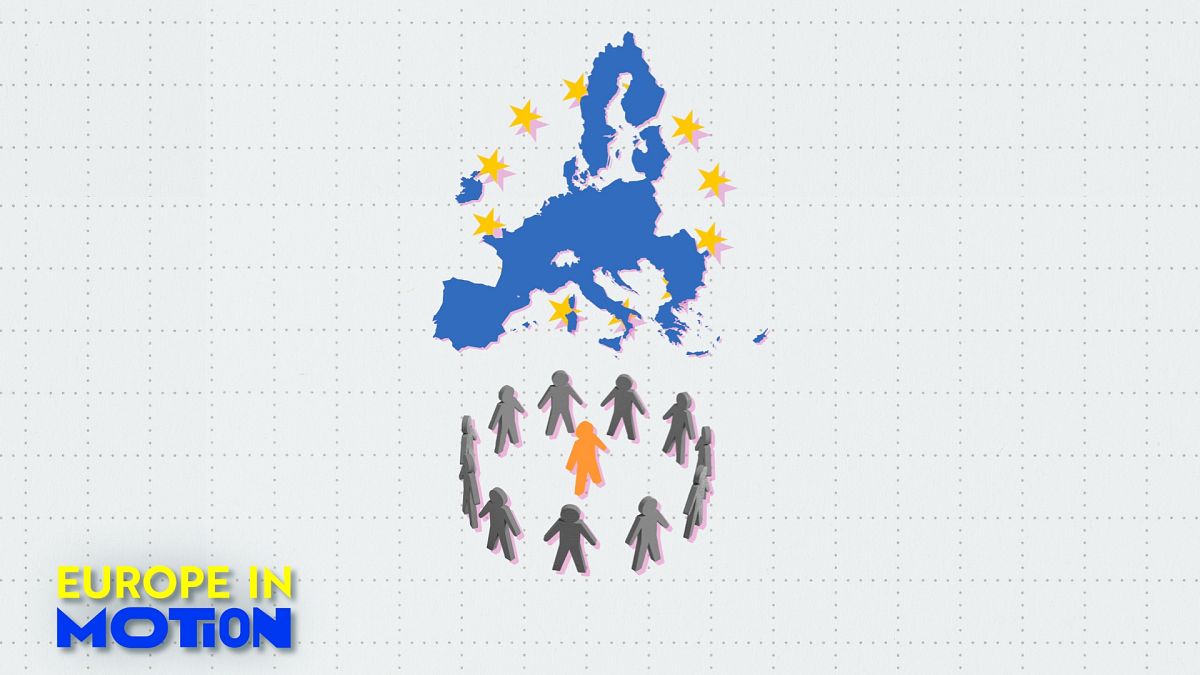Millions of people are unable to have the number of children they want due to barriers related to economic and health factors, according to a new United Nations Population Fund (UNFPA) report.
The study reveals that a lack of choice, not desire, is what is stopping people from having the families they want, defying claims of people rejecting parenthood.
“Reproductive agency is more than just freedom from coercion or improved access to services, it is the full range of conditions that enable people to exercise their reproductive rights and ensure true choice, including gender equality, economic stability, decent health and confidence in the future,” said Natalia Kanem, executive director at UNFPA.
UNFPA and YouGov conducted an online survey of more than 14,000 adults, both men and women, across 14 countries that together are home to over 37% of the global population.
The majority of both men and women in the four EU member states – Italy, Hungary, Germany and Sweden – analysed in the study indicated that two children is their ideal number.
Barriers to having children
Among these four EU countries analysed in the study, factors such as infertility and difficulty conceiving, as well as poor general health or chronic illnesses, impact Italy the most, with 15% and 13% respectively.
Germany and Sweden also reported similar issues.
Financial limitations are also one of the main issues keeping these countries from having more children, with Hungary reporting the highest rate at 34%.
Germany and Sweden have also pointed out financial limitations as a primary concern regarding their desired number of children.
Meanwhile, Italian respondents struggled the most with unemployment or job insecurity at 30%.
Concerns regarding the current political or social landscape were noted as a barrier by 19% of respondents in Italy.
Italian, Swedish, and Hungarian respondents were also concerned by the lack of a suitable partner, at 17%.
Only 15% of those surveyed in Germany shared this concern.















